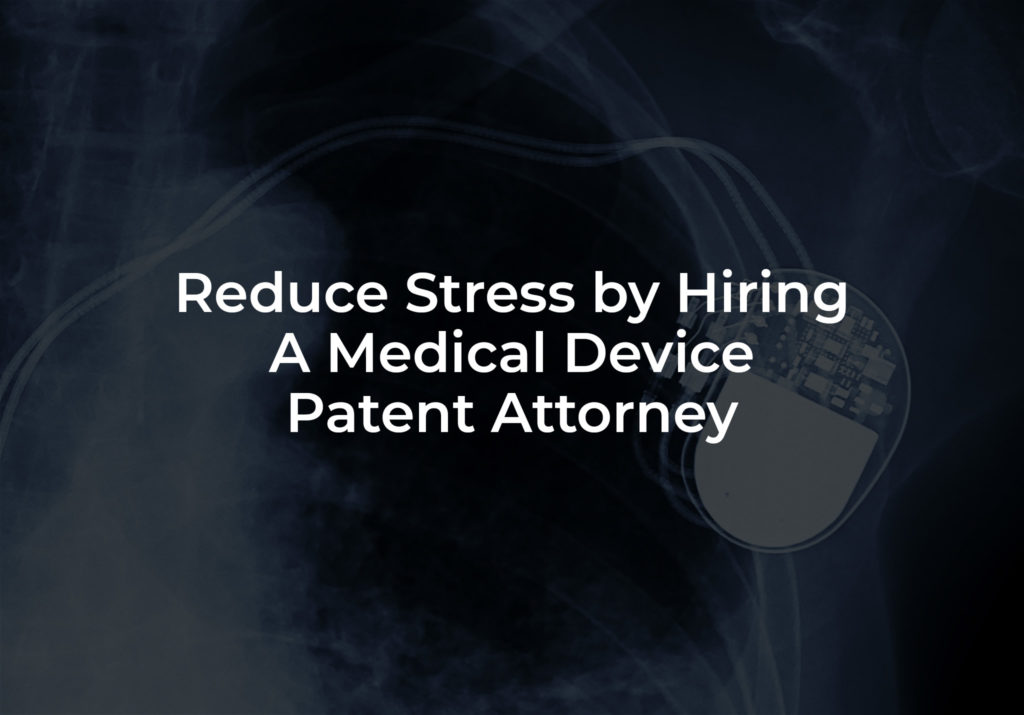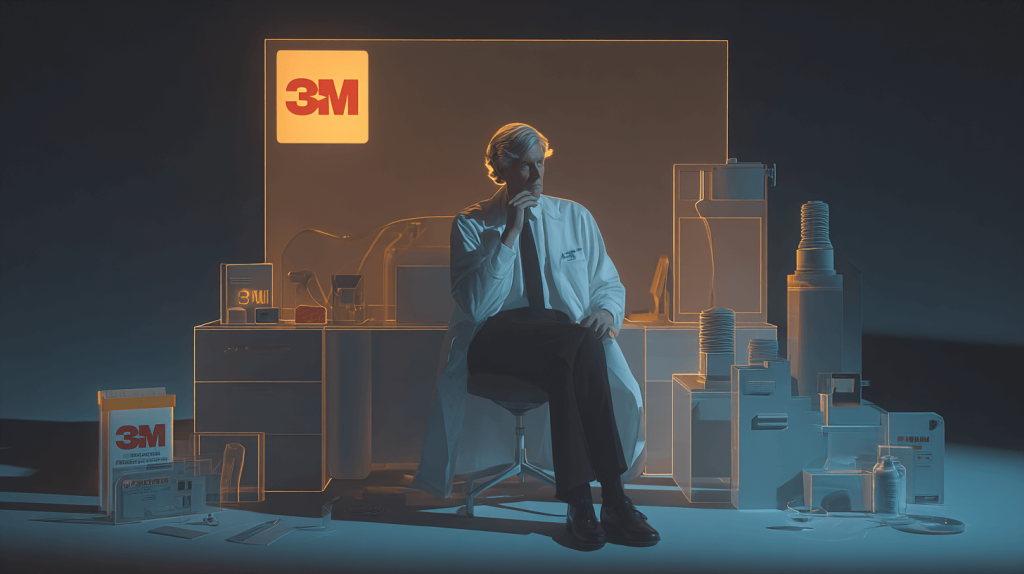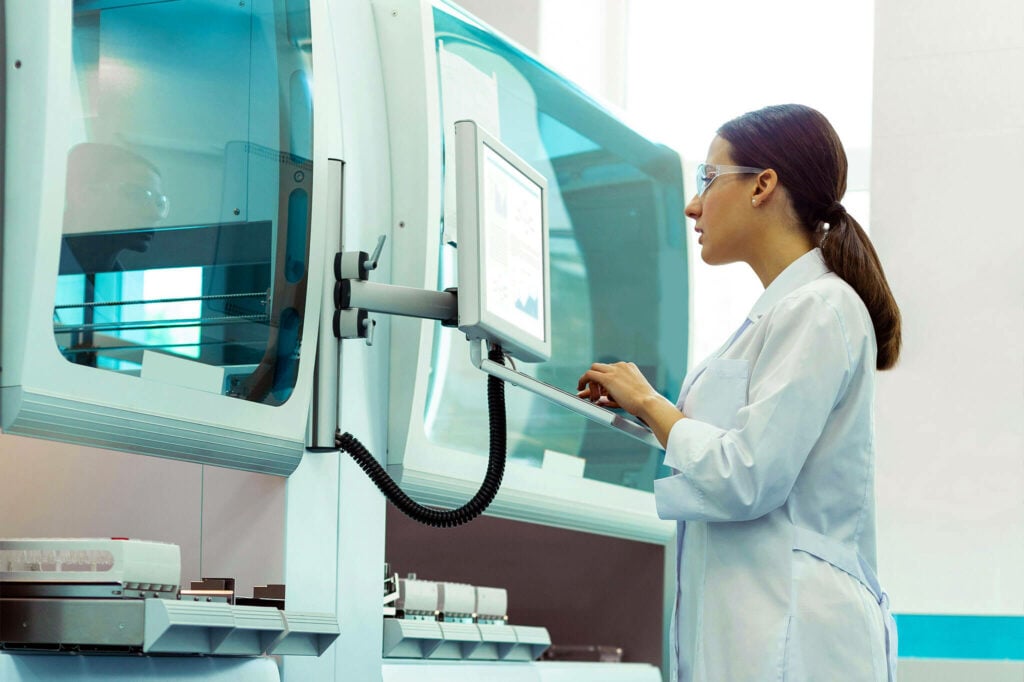The whirlwind process of bringing a medical device to market can involve a lot of moving parts. Prototyping needs to be performed, revisions need to be made, user and market research needs to be conducted, investment or grant funding may need to be acquired, and if the device is a Class II or Class III type medical device, FDA approval or clearance will be required. But not only that, any small medical device company that is bringing one of its early products to market needs to be concerned with securing intellectual property rights, and in particular, patent protection.
With so much going on, it is virtually impossible for one person, or even a small group of people, to handle every aspect involved in getting a new medical device to market internally within a company. That’s why it is a common practice to outsource at least the legal aspects of developing a medical device to outside law firms, such as hiring a patent prosecution lawyer to handle the process of obtaining patent protection. Even medical device companies that have general counsel lawyers in house will rely on external law firms to help them satisfy their patent protection needs.
Pro Se Filing vs. a Patent Lawyer
Technically, an individual is permitted to prepare, file, and prosecute their own patent application before the United States Patent and Trademark Office (USPTO). When an individual who has no special training prosecutes their own patent application it is called pro se filing (pro se is Latin for “on one’s own behalf”). While filing on one’s own is allowed, very few medical device inventors try to take on filing a patent application pro se because the process is complicated. For instance, there are a few different types of patent application options to consider (such as provisional applications, non-provisional applications, or design patent applications). Additionally, there are specific filing requirements that must be satisfied for each type of patent application, and certain fling deadlines exist that, if missed, could result in a loss of the ability to seek patent protection.
Seeking patent protection can be stressful, and even frustrating at times – like when a rejection is issued by the Patent Office. Pro se applicants often don’t understand the mechanics and nuances of an Office Action, or are not familiar enough with the process or specific rules of how to respond to an Office Action properly, which can lead to poor decisions, unnecessary fees or additional rounds of prosecution of the application, and delays in ultimately securing a patent.
The other option for obtaining patent protection is to hire a patent attorney with experience handling medical device patent applications. A patent attorney is a lawyer who has taken a special certification examination, in addition to a state bar examination, that enables them to practice patent law before the USPTO, including arguing appeals of patent application rejections to the Patent Trial and Appeal Board at the USPTO. Similarly, a patent agent has also taken and passed the special certification examination and can also file and prosecute patent applications before the USTPO, but patent agents are not practicing lawyers.
Experienced patent attorneys and patent agents have a history of working with patent examiners at the USPTO, and will be able to best judge whether it is most useful to amend claims or present arguments against a rejection, or whether an interview with the patent examiner might be useful in moving prosecution of the patent application forward.
If you are looking for a law firm that can help your medical device company to secure patent protection, contact the patent professionals at the Rapacke Law Group. We offer a free initial consultation where we can discuss which course of patent protection is most relevant to your business and how the process works.




